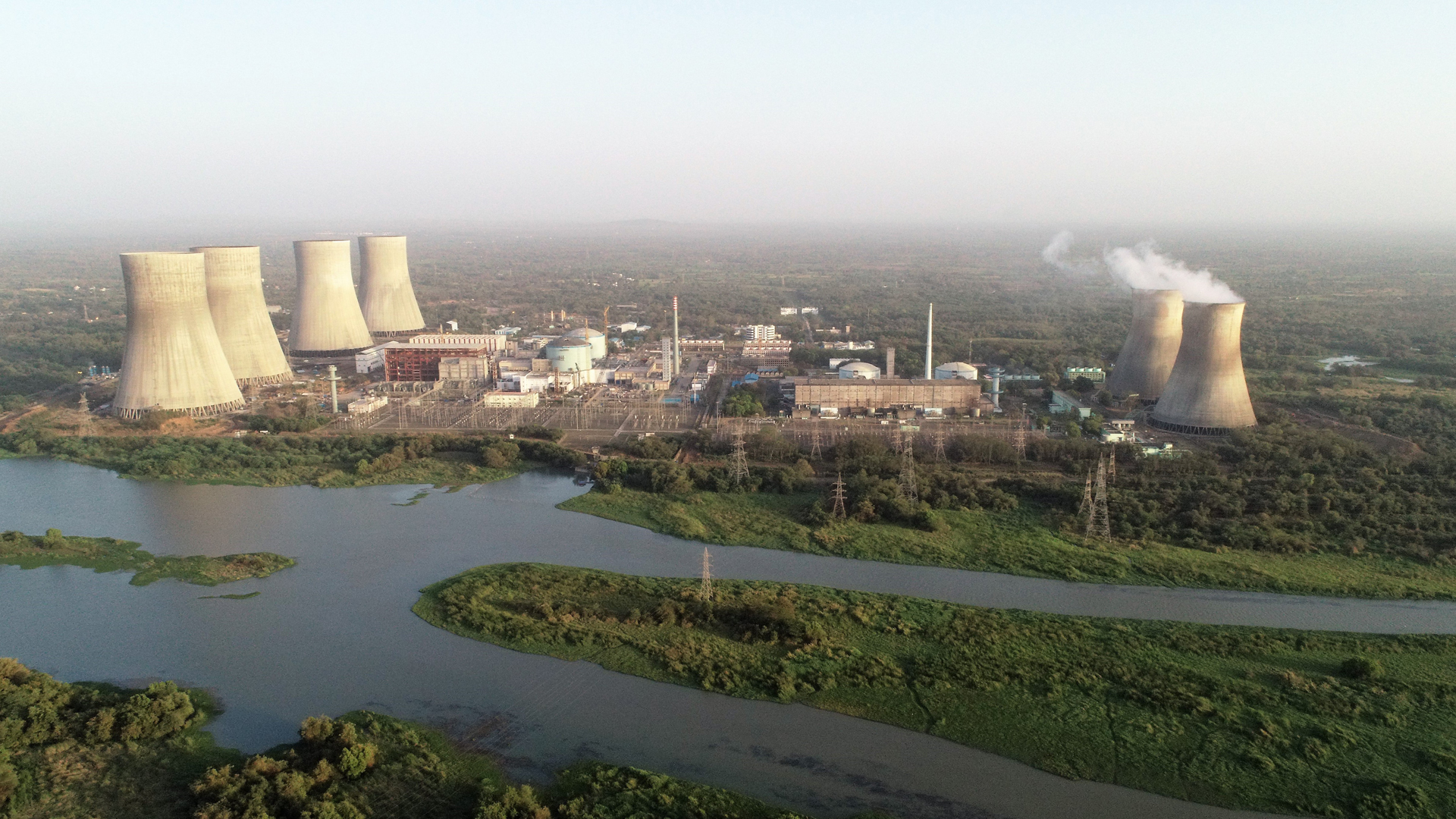
KAPS: A Major Step Forward for India’s Clean Energy Future
India’s first indigenous nuclear reactor, the Kakrapar Atomic Power Station (KAPS), is now ready to generate electricity. The 700-megawatt (MW) reactor is located in the state of Gujarat, about 80 kilometers from Surat.
KAPS is the first of two indigenously developed reactors to be commissioned by the Nuclear Power Corporation of India (NPCIL). The second reactor, the Rajasthan Atomic Power Station (RAPS), is expected to be commissioned in 2024.
The commissioning of KAPS is a major milestone for India’s nuclear energy program. It is the first time that India has been able to design, build, and operate a nuclear reactor without foreign assistance.
KAPS is expected to generate enough electricity to power over 700,000 homes. It will also help to reduce India’s dependence on imported fossil fuels.
The commissioning of KAPS is a significant step forward for India’s clean energy future. It is a testament to the country’s growing technological capabilities and its commitment to sustainable development.
Benefits of KAPS
The commissioning of KAPS is expected to bring a number of benefits to India, including:
- Increased electricity generation: KAPS will generate enough electricity to power over 700,000 homes. This will help to meet India’s growing demand for electricity and reduce the country’s reliance on imported fossil fuels.
- Reduced emissions: KAPS is a clean energy source that does not produce greenhouse gases. This will help to improve India’s air quality and combat climate change.
- Job creation: The construction and operation of KAPS will create thousands of jobs in the nuclear power sector. This will boost the Indian economy and help to reduce unemployment.
- Technology development: KAPS is a major technological achievement for India. It will help to strengthen the country’s nuclear energy program and boost its technological capabilities.
Conclusion
The commissioning of KAPS is a major milestone for India’s nuclear energy program. It is a sign of the country’s growing technological capabilities and its commitment to sustainable development. KAPS is expected to bring a number of benefits to India, including increased electricity generation, reduced emissions, job creation, and technology development.




